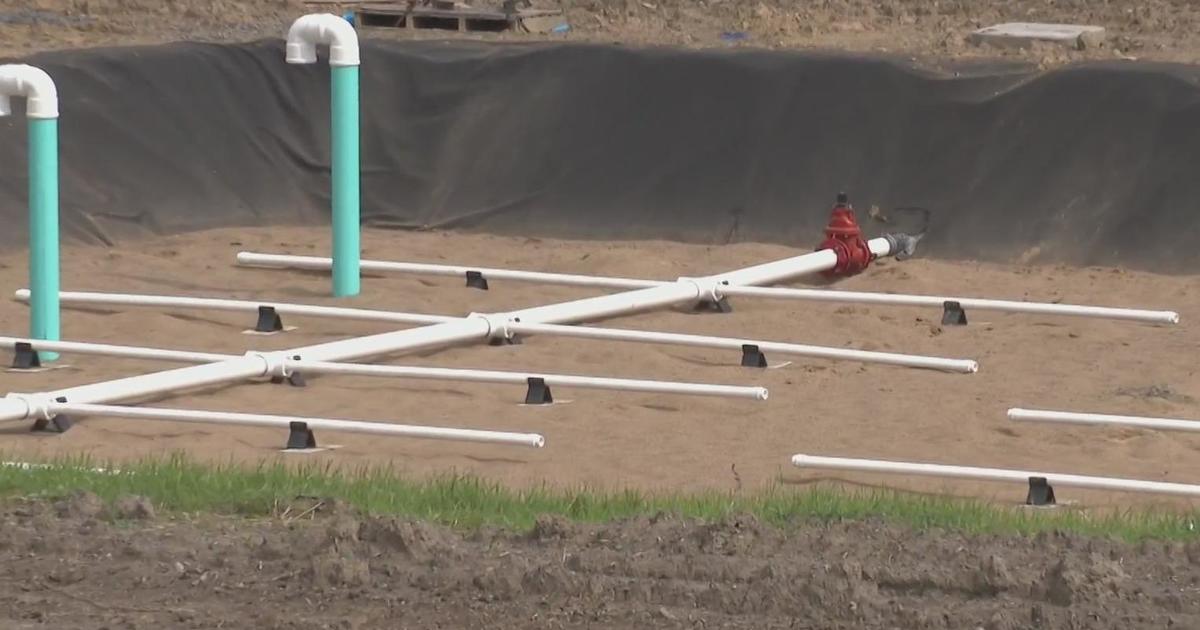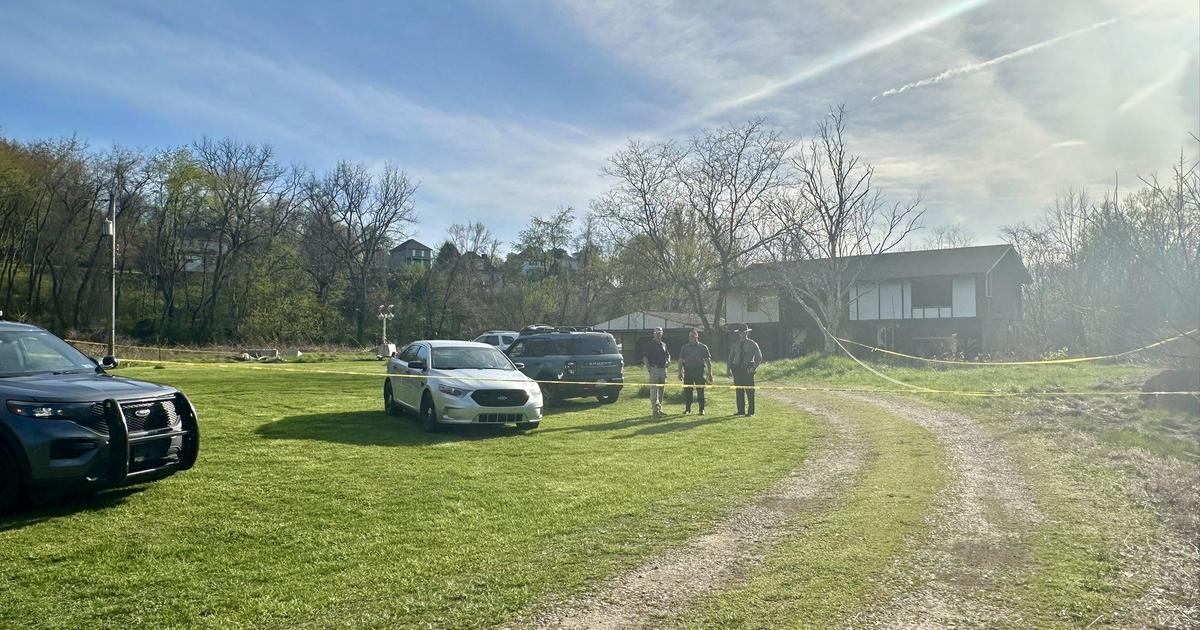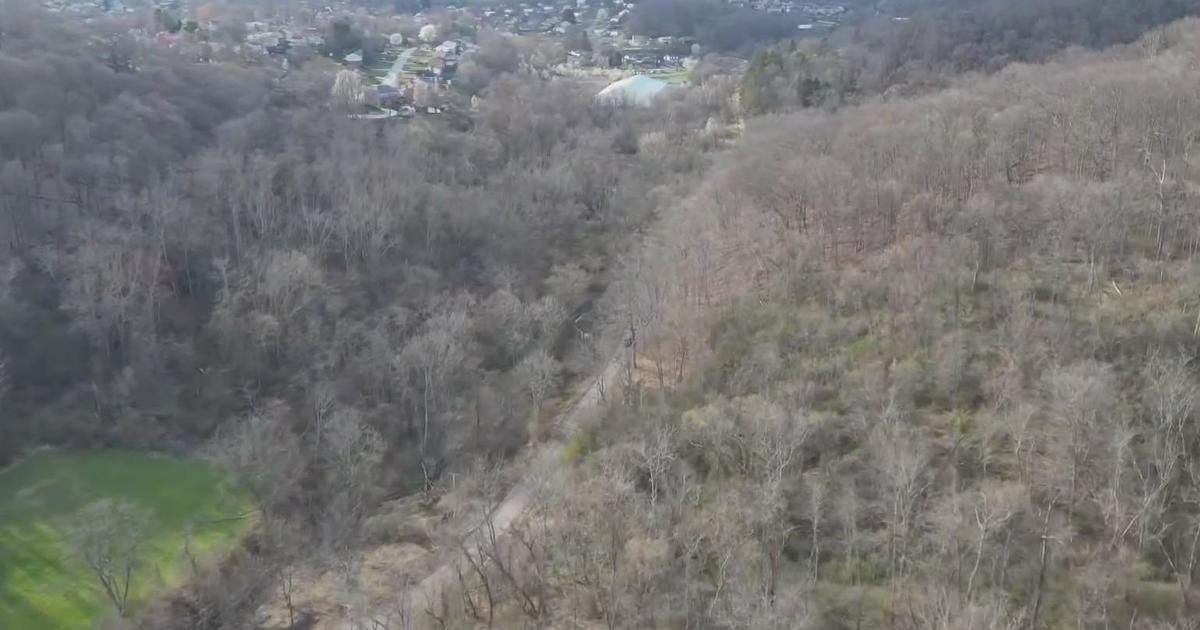Westinghouse Tries To Design Safer Nuclear Power Plants
CRANBERRY (KDKA) -- Explosions and the release of radioactive gases in Japan have caused worldwide alarm and the evacuation of the immediate area.
At Westinghouse Electric in Cranberry, such threats are evaluated every day as engineers and nuclear scientists attempt to design against them.
"The danger is related to how close you are," Westinghouse's William Cummins said. "For the operators of the plant, they're pretty dangerous."
Only a skeletal crew remains at the Fukushima power plant in northeast Japan after some workers were exposed to a year's limit of radiation in a matter of hours, but Cummins says people more than 10 miles away are not threatened at this point. All of that depends on whether Japan is successful in cooling the reactor cores.
"The damage to the fuel that has already occurred is irreversible, but you can prevent further damage if you keep it cool," Cummins said.
The problems hit when the reactor water pumps failed. Since then efforts to cool the reactor cores with seawater have fallen short, nuclear rods have become damaged, creating a radioactive reaction with the water and air.
As pressure has built up in the core, the Japanese have been forced to release radioactive gas into the air.
"Water on top of the containment provides cooling for the containment," Cummins said.
Westinghouse's AP 1000 nuclear plant has a so-called passive cooling system which has a three-day supply of coolant mounted on top and requires no pumping.
In the event of an accident, water is released and cycles around the core in a closed system and is designed to bring the temperatures down to safe levels.
KDKA's Andy Sheehan: "You wouldn't have had these explosions?"
Cummins: "We wouldn't have. No."
But while Cummins says the design is superior, it is not foolproof.
"There's nothing foolproof in our lives," he said.
Cummins says danger is inherent in the production of all power and Cummins says nuclear power remains the safest of all major forms of energy.
"Gas lines explode, coal mine caves in, the ash pile in Tennessee breaks and falls in, so energy or any activity in life has some probability of failure," he said.
RELATED LINKS
More Local News
More World News
More Reports By Andy Sheehan
CBS News: Disaster In Japan



